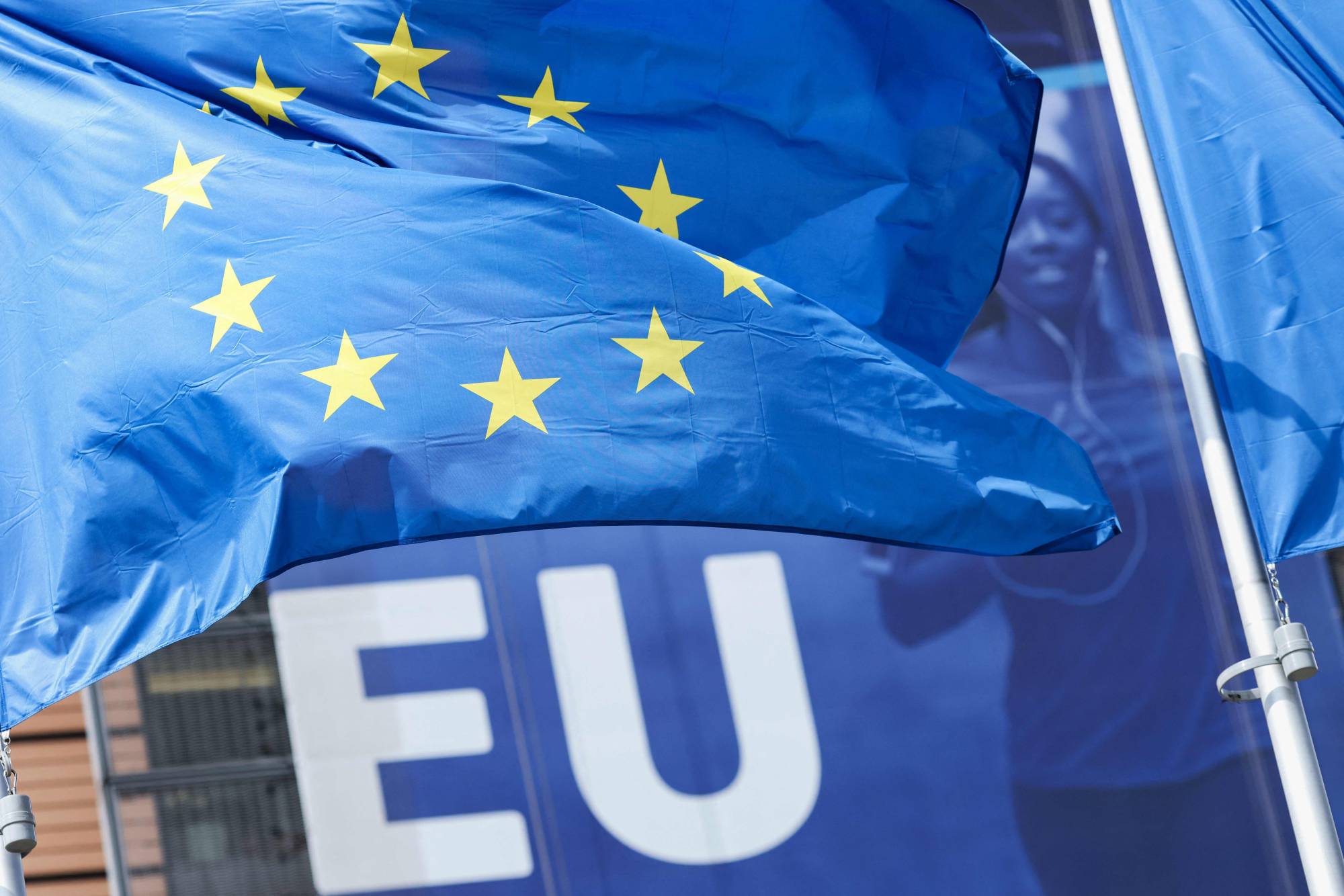Last September, on the occasion of the 75th anniversary of the United Nations, the General Assembly adopted a landmark declaration affirming a commitment to “mobilize resources” and “show unprecedented political will and leadership,” in order to ensure “the future we want.” The so-called UN75 Declaration was an inspiring statement. But will it lead to meaningful change?
History suggests that it just might. After all, past anniversaries of the U.N.’s founding have delivered significant structural reforms. On the U.N.’s 60th anniversary, for example, world leaders established a Peacebuilding Commission to help countries in the transition from war to peace, upgraded the Human Rights Commission to a stronger Human Rights Council, and adopted the “Responsibility to Protect” doctrine to help safeguard civilians in conflict zones.
Improving the UN75 Declaration’s prospects further is the fact that it reflects the will of civil society. Ahead of last year’s General Assembly, the U.N. conducted a global survey to discern what ordinary people cared about. Of more than 1.3 million respondents, 87% said that international cooperation was vital to deal with today’s challenges.



















With your current subscription plan you can comment on stories. However, before writing your first comment, please create a display name in the Profile section of your subscriber account page.